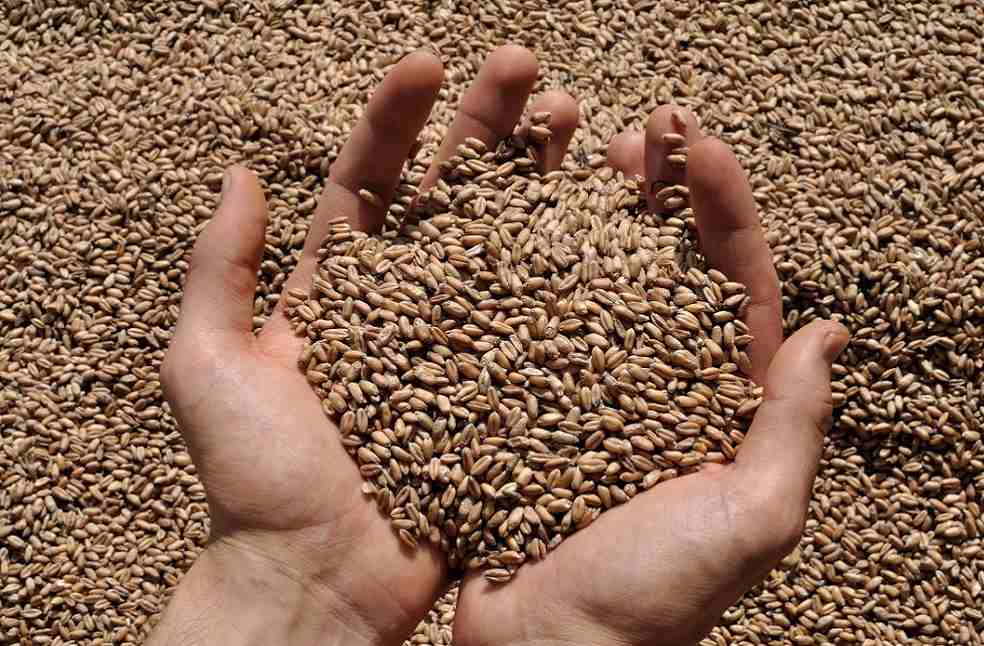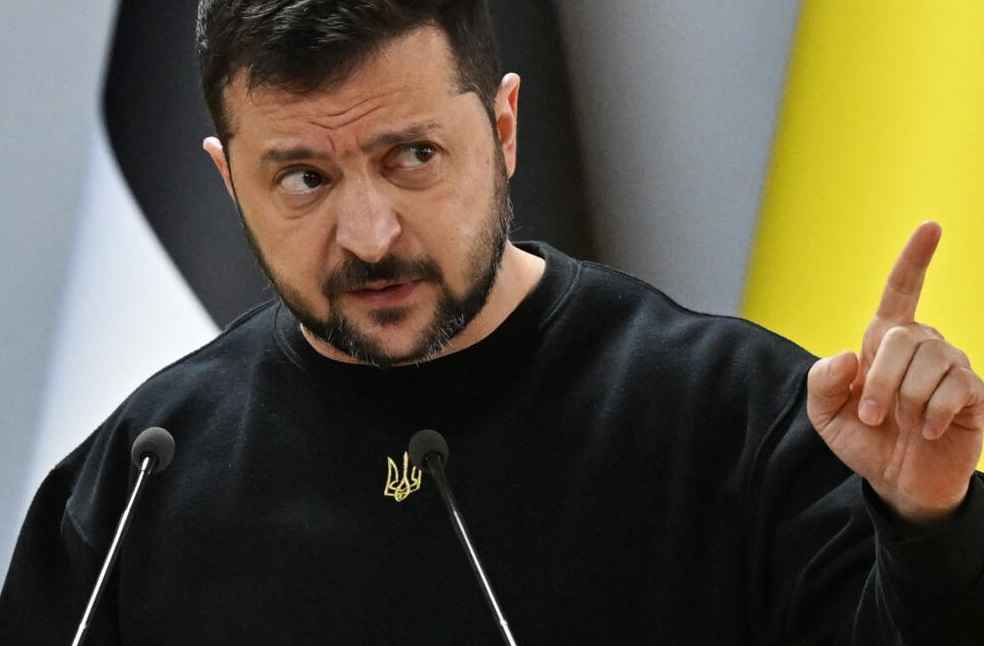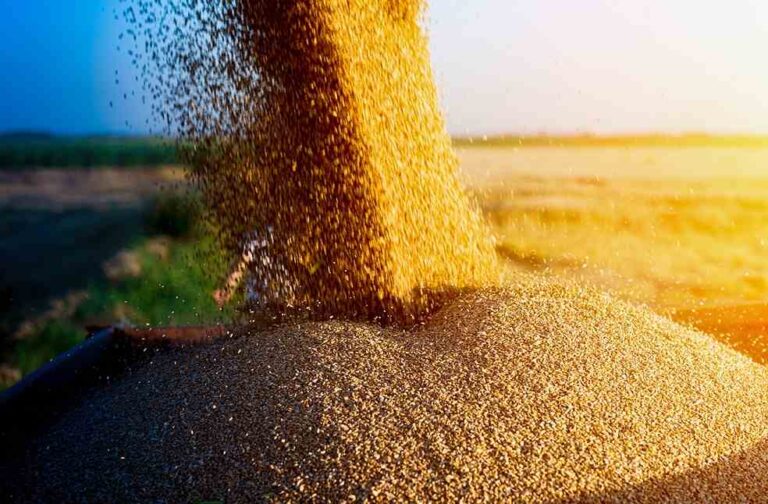EU states have enacted decisive tariffs on grain imports from Russia and Belarus as part of an escalated effort to sever financial support for Moscow’s military operations against Ukraine. Announced on Thursday, these tariffs align with the European Union’s ongoing sanctions strategy initiated after Russia’s invasion of Ukraine in 2022.
Valdis Dombrovskis, the EU’s trade commissioner, emphasized via social media that these tariffs target the illicit flow of stolen Ukrainian grain into EU markets. The scope of this measure extends to Belarusian products, reflecting Belarus’s involvement as a staging area for attacks on Ukraine.
The tariffs exempt Russian grain transiting the EU for non-EU destinations, preserving vital food supplies to regions like Africa and Asia. Notably, the policy steers clear of affecting Russian fertilizer imports to avoid global market disruptions.

Effective from July 1, the new tariffs will curtail imports of cereals, oilseeds, and derivatives from Russia and Belarus, with the EU setting rates at approximately 90 euros per ton for most cereals, or 50 percent of the value for other commodities, as stated by the council of the EU’s 27 member states.
Vincent Van Peteghem, Belgium’s Finance Minister, articulated that these measures aim to safeguard the EU’s grain market and cease Russian exports of grain unlawfully sourced from Ukrainian territories.
This regulatory change follows a surge in Russian agricultural imports to the EU in 2023, with grain exports climbing from 960,000 tonnes in 2022 to 1.5 million tonnes last year. Despite these increases, Russian grain only represents about one percent of the EU market—minuscule compared to the 300 million tonnes produced annually within the EU.

The EU’s approach to imposing these tariffs has been meticulous, balancing the need to support Ukraine against potential repercussions for global food markets and security, particularly concerning regions like Africa and Asia.
This tariff implementation also responds to concerns raised by Ukrainian President Volodymyr Zelensky about the disparity in market access between Russian and Ukrainian grains. Contrarily, Russia has cautioned that these tariffs could detrimentally impact European consumers, a sentiment echoed by Kremlin spokesman Dmitry Peskov earlier in March.
IMEX SECTOR | China, Argentina Renew Corn Trade, Boosts Economy and Food Security



